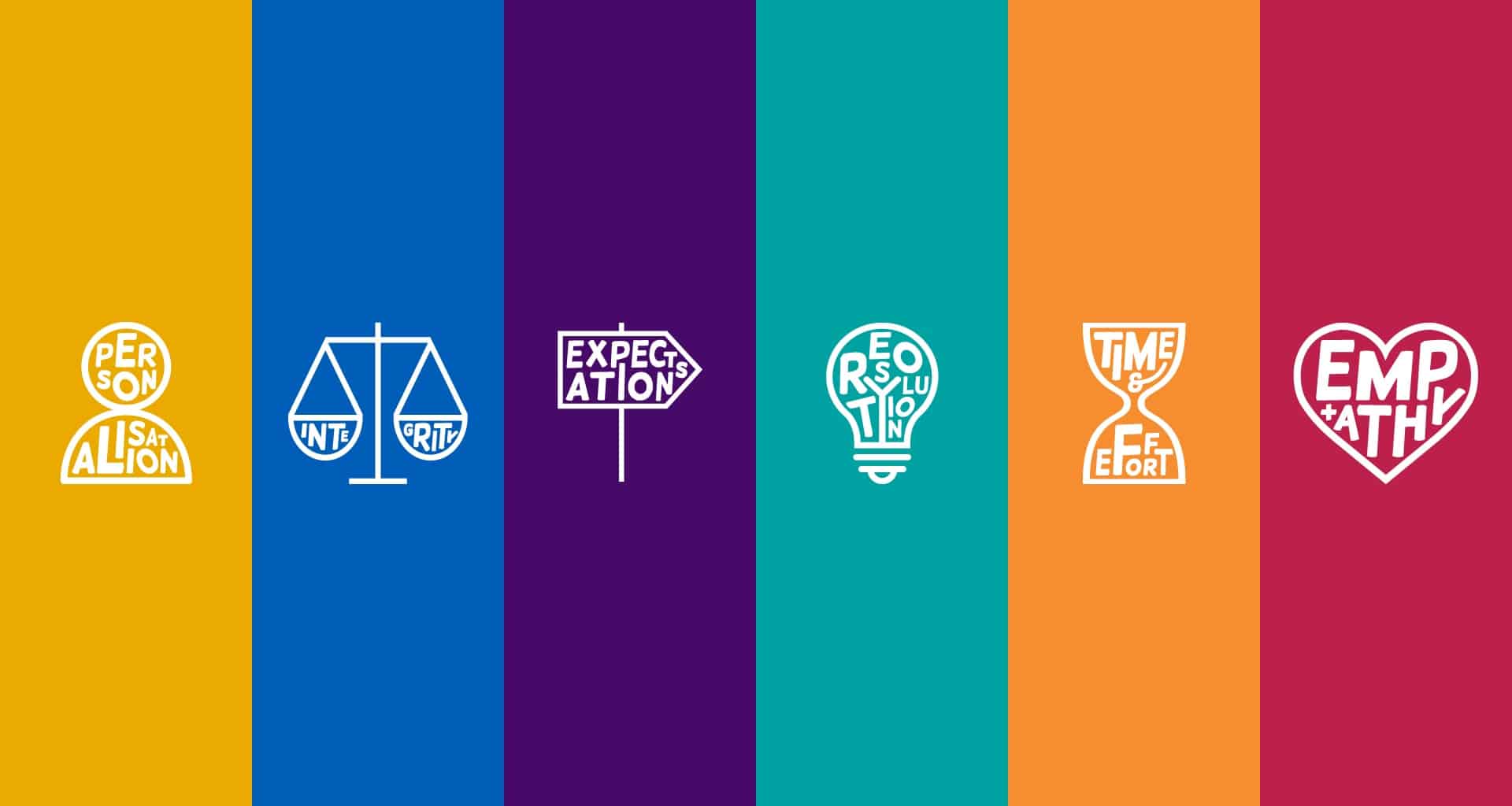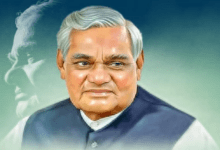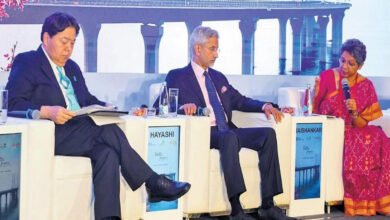Retailers need to get serious about customer centricity: KPMG report

New Delhi, India–
Digital disruption and new generational influences are making customer loyalty tough to hold onto these days but fresh thinking on loyalty programmes is key to winning and retaining customers, according to KPMG International’s report titled ‘The Truth about Customer Loyalty’ released on Monday.
With the holidays nearing, KPMG’s survey of over 18,000 consumers in 20 countries — with 1,721 being from India — explores the nature of customer loyalty and how some traditional loyalty programmes, long a mainstay of customer retention strategies, may not be keeping consumers brand-faithful. “In India, brands and retailers are ready to run miles to acquire a customer. It becomes even more difficult to retain acquired consumers unless there is a unique value proposition along with related benefits,” said Harsha Razdan, Partner and Head of Consumer Markets and Internet Business for KPMG in India.
“The fact that over 55 per cent of consumers in India say they will buy from their favourite company even if it is cheaper and more convenient to buy from a rival company is further proof that loyalty endures. Loyal customers can be a reliable repeat source of revenue for retailers and brands,” he said.
The study in India shows that when a consumer is loyal to a brand, 93 per cent will recommend it to their family and friends. Nearly 47 per cent will remain loyal even after a bad experience.
“This substantiates that retailers today will need to re-imagine and re-invent to continue to lure and excite the new digital tech-savvy consumer. They will need to invest in creating convenient loyalty platforms, educating consumers about the programme uniqueness and get the consumer to experience the benefits that the programme has to offer,” said Razdan.
“These programmes should make the consumer feel special, wanted and proud of being associated with the retailer and brand. Retailers and brands should continue to engage with consumers while ensuring that consumer data and interests are protected,” he added.
The report says about half of the surveyed consumers globally agree that companies should find new ways to reward loyal customers. This number stood at 97 per cent for India. Responsible personalisation, emotional connection and purpose-driven causes should be key considerations.
Retailers should make loyalty programmes easy to join and simple to use. Globally, 60 per cent agree loyalty programmes are too hard to join and earning rewards is a challenge. About 80 per cent in Brazil and China feel that way, 76 per cent in India feel this way and as do nearly seven out of ten millennials globally.
Lengthy registration processes, rules and conditions, technical difficulties with redeeming awards are all likely to turn customers away, according to the report.
Retailers need to ensure their loyalty programmes stay relevant to customers. About 49 per cent of loyalty programme members globally agree they belong to too many programmes. This is particularly the case for consumers in China (72 per cent), Brazil (70 per cent) and India (61 per cent).
Too many programmes equate to too many apps, so it is no surprise that customers forget their memberships, lose track of their points and perhaps decide that the rewards are not worth the effort.
The report says regular communication to consumers through social channels, email or advertising can help programmes remain top of mind with consumers. More than one in three consumers globally who did not belong to any loyalty programs globally said they were not aware of any.
Nearly 17 per cent globally compared to 21 per cent in India have not joined a programme. Lack of awareness (42 per cent) is one of the main reasons stated by respondents in India for them not being part of any loyalty programme.







